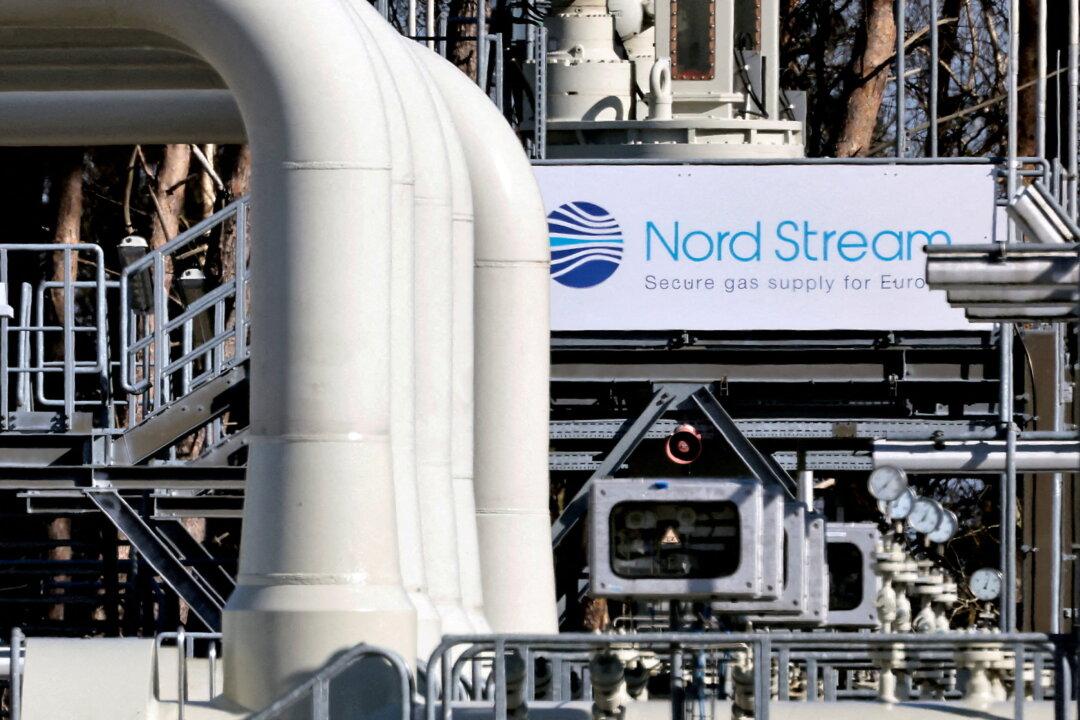Russian natural gas began flowing again through the Nord Stream 1 gas pipeline on July 21 after a planned 10-day shutdown, the pipeline’s operator has confirmed.
Nord Stream 1 is the largest single pipeline carrying Russian gas to Germany, and transports 55 billion cubic meters (bcm) of gas a year under the Baltic Sea.




